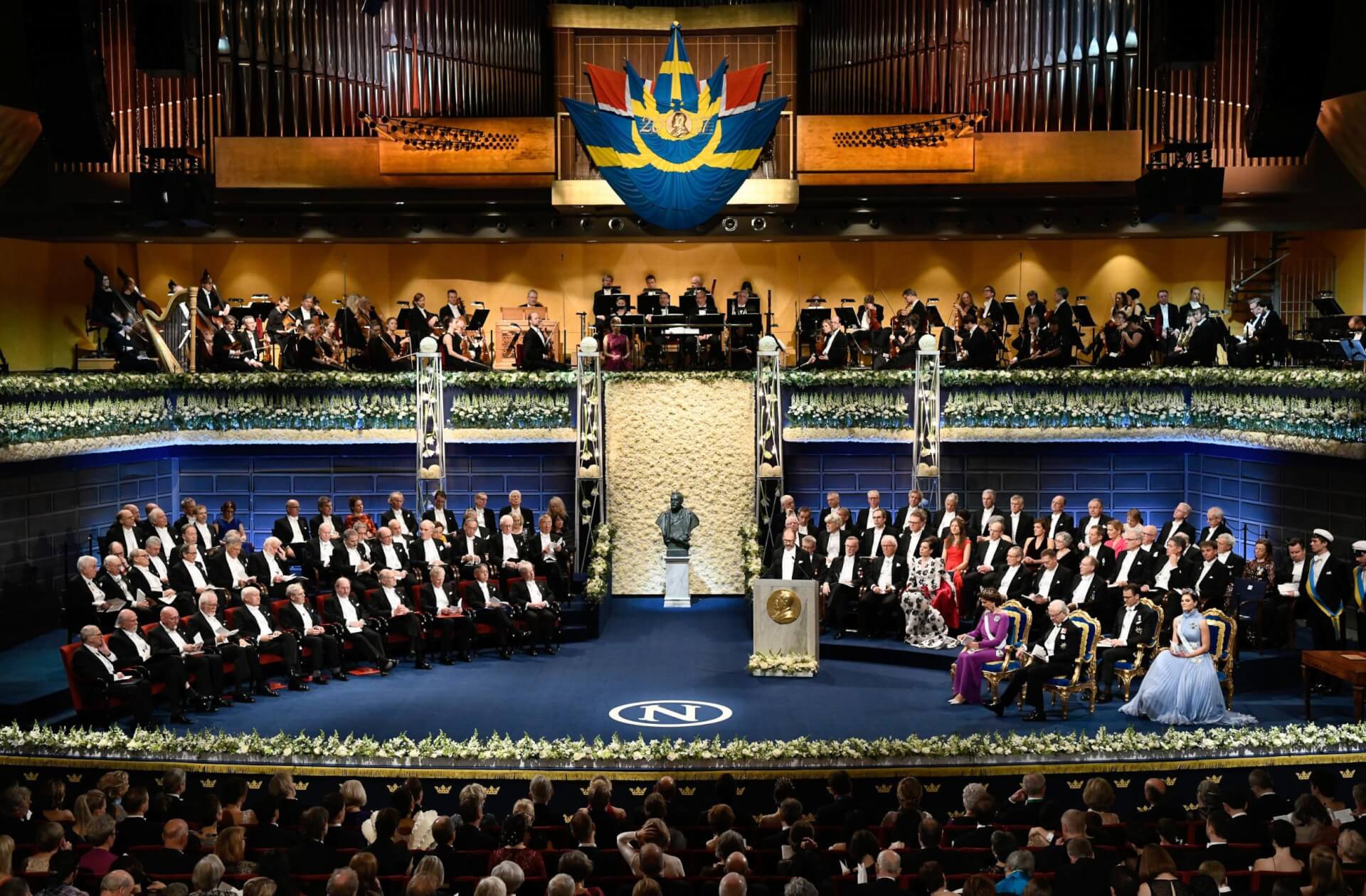The developments in Ethiopia over the past few weeks have been distressing, to say the least. The central government’s so-called “law enforcement operation” in the country’s northern Tigray region against the former ruling party—the Tigray People’s Liberation Front (TPLF)—has pushed Ethiopia to the brink of a civil war that has already claimed thousands of lives and displaced even more. While there is, understandably, a significant focus on the conflict potentially leading to the largest state collapse in modern history, with devastating implications for peace and security in the Horn of Africa and beyond, also under scrutiny is Ethiopian Prime Minister Abiy Ahmed and the unabashed defiance of his image and promises as a Nobel peace prize-winning reformer.
But is the coveted award really a hallmark for peace and peacemakers? Or is it just a grand gesture that actually means very little, if anything at all?
Well, it’s a little bit of both. Looking deeper into Alfred Nobel’s history, one may be tempted to say that the prize never really had any moral standing to begin with. Nobel was a Swedish chemist and entrepreneur who made his name and fortune through the invention of dynamite and numerous other kinds of explosives. He was also the owner of the Bofors arms company—which he steered from being a simple iron and steel producer into one of the biggest ammunition suppliers in Europe—along with nearly a hundred others.
With this in mind, there’s no denying that the “dynamite king” was an unlikely patron of peace. So, what changed? Turns out, he got a glimpse into what people around the world really thought of him. As the story goes, in 1888, after the death of his brother Ludvig, one newspaper confused the siblings and published a scathing obituary for Alfred instead, under the headline: “Le marchand de la mort est mort” (“The merchant of death is dead”).
Horrified at the thought of being remembered so grimly, he left his fortune to set up a series of prizes for “those who, during the preceding year, shall have conferred the greatest benefit on mankind”. Nobel listed five awards in his will: three for scientific discoveries in the fields of physics, chemistry, and medicine; one for “the most outstanding work” in literature; and one for “the person who shall have done the most or the best work for fraternity between the nations and the abolition or reduction of standing armies and the formation and spreading of peace congresses.” A sixth prize, for economics, was added in 1968.
While other Nobel prizes have generally been free of controversy, the Peace Prize has, unsurprisingly, frequently been contentious. Not just because of its ironic origins, but also because the award—that began as a symbol of recognition for great peace-making efforts around the world—has now become a symbol of general good conduct, which becomes highly problematic when its recipients, through their past or future actions, do not live up to its lofty standards and expectations. This is exactly what’s happening with Ethiopia’s PM Abiy Ahmed, who, just a year after receiving the award for his efforts to resume peace talks with Eritrea and reform his country after decades of political and economic repression, is now taking an increasingly authoritarian stance that is threatening to tear the country apart.
And Abiy is not alone in the list of controversial recent Nobel peace prize recipients. Over the years, the Nobel committee has drawn significant criticism for its choice of winners, including Myanmar leader Aung San Suu Kyi, who, after decades of tirelessly campaigning for human rights, is now turning a blind eye to the systematic and brutal suppression of those very rights by the government she now heads. Other dubious awardees include former US President Barack Obama (who vastly expanded the use of armed drones for counterterrorism during his term), and former US Secretary of State Henry Kissinger (who, among many other things, was the chief architect of America’s bombing campaign in Cambodia in the early 70s which killed more than 40,000 innocent civilians).
Also on the list is former Israeli President Shimon Peres, who was jointly awarded the prize in 1994 with Israeli PM Yitzhak Rabin and Palestine Liberation Organization (PLO) Chairman Yasser Arafat. Though the three helped improve bilateral ties between Israel and Palestine, all failed to reach a long-lasting deal that would bring peace to the region. Additionally, in the decades before getting the prize, Peres systematically helped strengthen Israel’s nuclear capabilities, which is completely at odds with the committee’s stipulation that the award should go to those who help demilitarise their country. If that wasn’t enough, just two years after receiving the prize, Peres was also responsible for a massacre that killed 106 people sheltering in a UN compound in the Lebanese town of Qana.
This isn’t to say that there have been no worthy peace-prize honourees. Individuals like Desmond Tutu, Nelson Mandela, and Malala Yousafzai, and organizations like the International Committee of the Red Cross (ICRC) and the World Food Programme (WFP), among others, have all been recognized for their significant contributions towards advancing peace. However, given that there is no real mechanism within the Nobel prize committees to rescind the prize from recipients for their problematic actions, it ultimately renders the prize itself meaningless. And, unless that changes, the Nobel peace prizes will remain controversial and marred by contradictions, just like their founding father.
There’s Nothing Noble About Winning the Nobel Peace Prize
Given that there is no real mechanism within the Nobel prize committees to rescind the prize from recipients for their problematic actions, it ultimately renders the prize itself meaningless.
December 23, 2020

SOURCE: EVENING STANDARD
